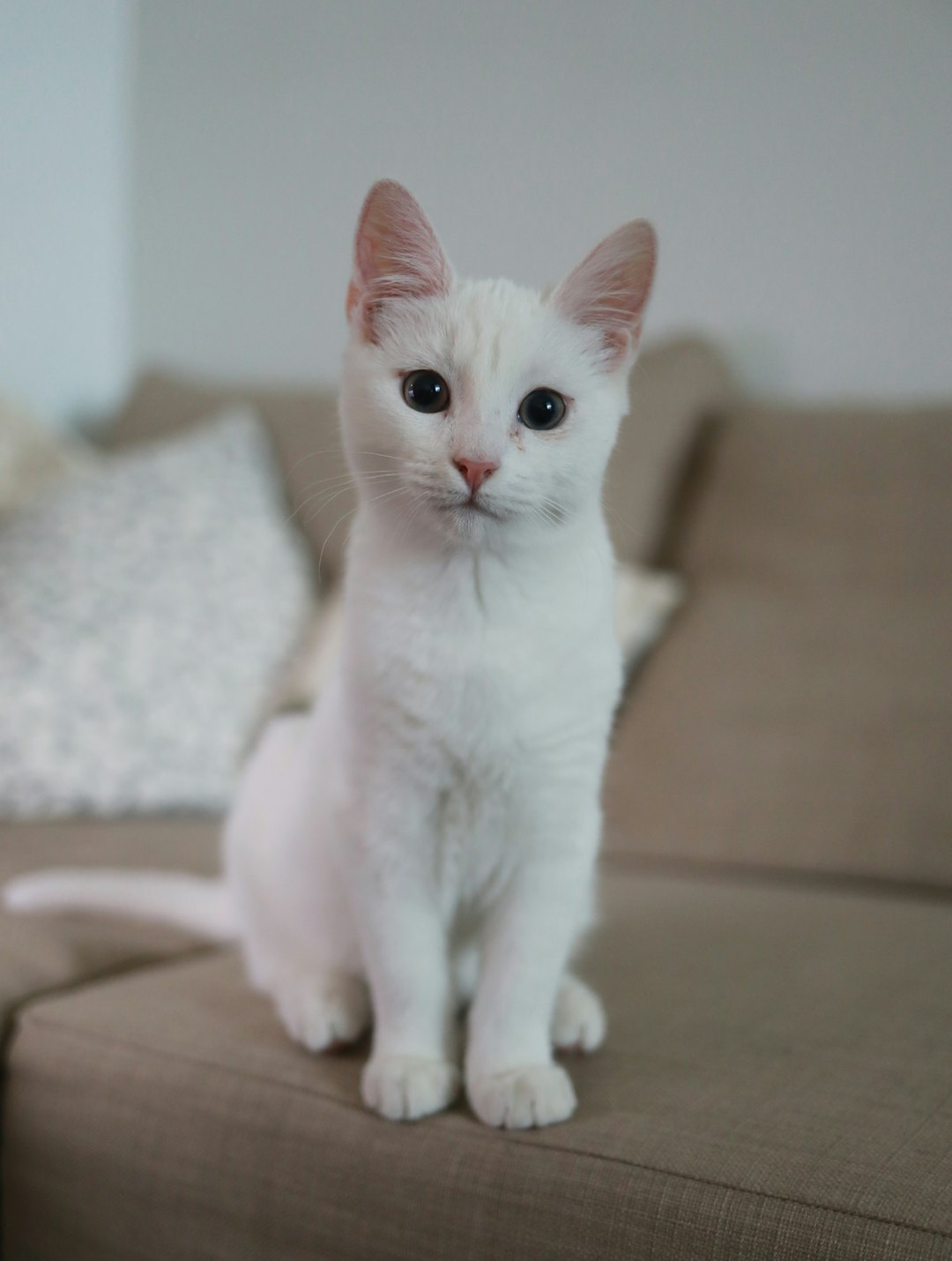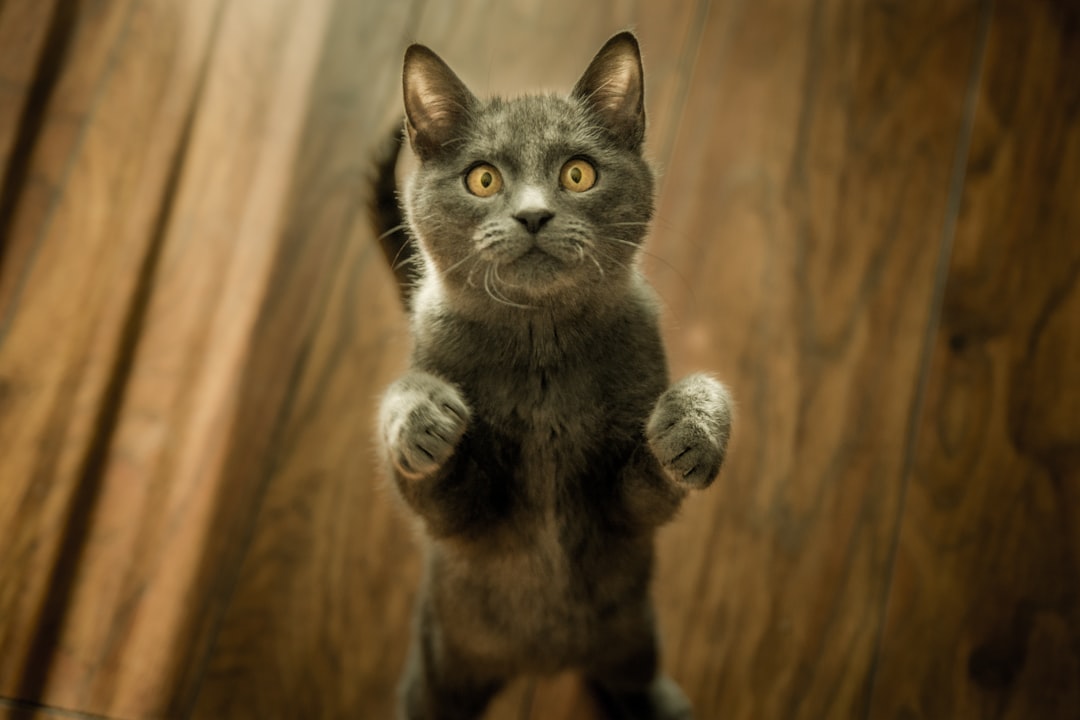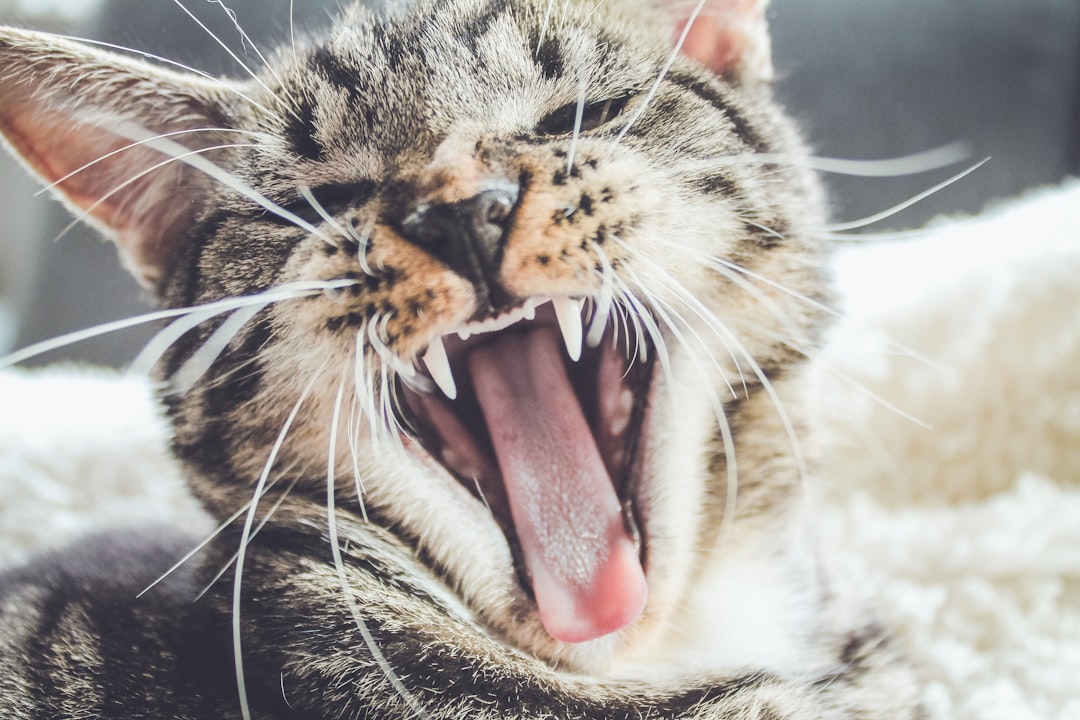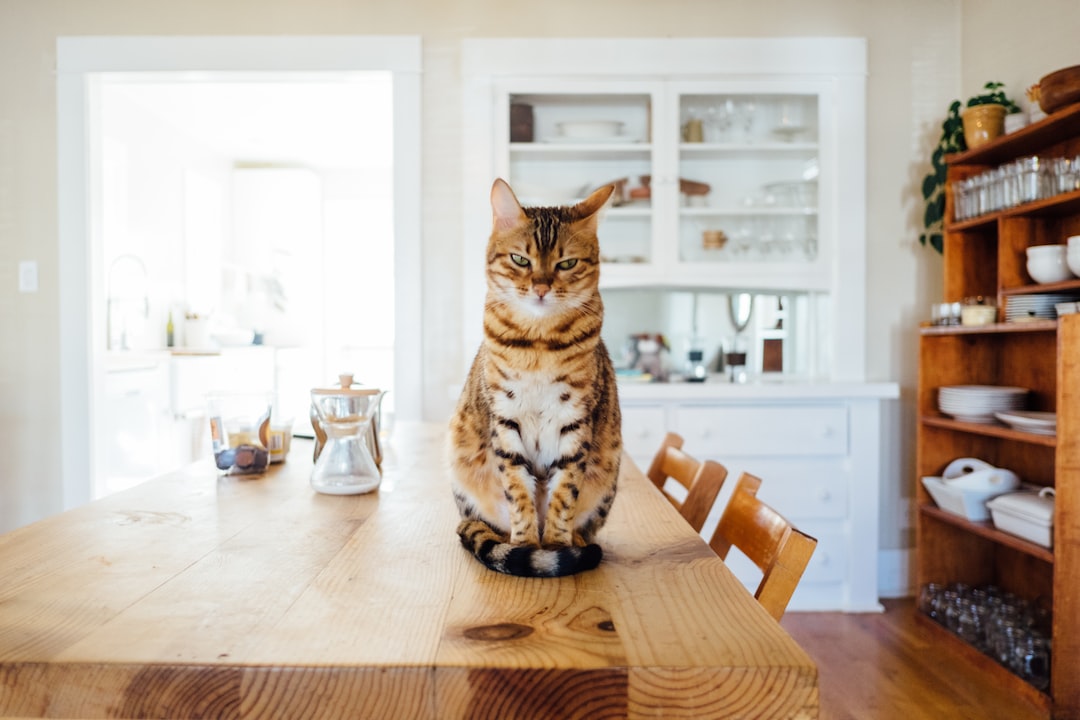Dealing with the distress of a cat has diarrhea can be challenging for any pet owner. Understanding the common causes, recognizing symptoms, and knowing the importance of hydration are crucial factors in addressing this issue. Moreover, exploring home remedies and dietary changes can significantly improve your feline friend’s condition. In this guide, we’ll delve into the various aspects of cat diarrhea, providing valuable insights and practical tips to ensure your pet’s quick recovery and overall digestive health.
Common Causes of Diarrhea in Cats
When your cat has diarrhea, it’s crucial to identify the underlying causes. Here are some common culprits:
- Dietary Indiscretion: Cats often consume inappropriate foods, which can upset their stomachs.
- Food Allergies: Some cats may have sensitivities to certain ingredients, leading to gastrointestinal issues.
- Infections: Bacterial or viral infections can cause diarrhea; common offenders include parasites like worms or protozoa.
- Stress: Changes in the environment, such as moving or introducing new pets, can result in digestive upset.
- Medications: Certain medications may have gastrointestinal side effects, contributing to loose stools.
Comparison of Causes:
| Cause | Description | Treatment |
|---|---|---|
| Dietary Indiscretion | Eating something harmful | Dietary adjustment |
| Food Allergies | Reaction to specific food components | Elimination diet |
| Infections | Pathogens affecting gut health | Antiparasitic/antibiotics |
| Stress | Emotional distress affecting digestion | Anxiety management |
| Medications | Side effects leading to diarrhea | Consult your vet |
Recognizing these factors can significantly aid in determining the best approach to take when your cat has diarrhea. Timely intervention is essential for a swift recovery.

Recognizing Symptoms of Diarrhea
When a cat has diarrhea, it’s important to recognize the symptoms early to address the condition effectively. Look for the following indicators:
- Frequent bowel movements: An increase in the number of times your cat visits the litter box is a key sign.
- Loose or watery stools: The consistency of your cat’s feces changes from solid to mushy or liquid.
- Straining or discomfort: If your cat seems to struggle while trying to defecate, it may indicate gastrointestinal distress.
- Changes in appetite: A noticeable decrease or increase in food intake can accompany gastrointestinal upset.
- Lethargy: If your cat appears unusually tired or inactive, it may signal underlying health issues.
- Vomiting: The presence of nausea often accompanies diarrhea, further indicating a need for attention.
If you notice these symptoms, monitor your cat closely. Consistent or severe signs may mean it’s time to visit the veterinarian. Recognizing that your cat has diarrhea promptly can help you take immediate action to ensure their health and comfort.
The Importance of Hydration
When your cat has diarrhea, hydration becomes crucial. Diarrhea can rapidly lead to dehydration, especially in pets. Here’s why maintaining fluid intake is vital:
- Fluid Loss: Diarrhea causes cats to lose fluids and electrolytes, sparking lethargy and weakness.
- Symptoms of Dehydration:
- Dry gums
- Sunken eyes
- Decreased skin elasticity (tenting when pinched)
To ensure your cat stays hydrated:
- Provide Fresh Water: Always have accessible and clean water available.
- Wet Food: Consider incorporating wet food into their diet, as it contributes additional moisture.
- Electrolyte Solutions: Consult your vet about using pet-safe electrolyte solutions to replenish lost fluids.
Monitoring Fluid Intake: Keep an eye on your cat’s drinking habits. If your cat refuses water or shows signs of severe dehydration, it’s essential to consult your veterinarian promptly.
In conclusion, staying vigilant about hydration is vital, especially when your cat has diarrhea. Proper management can prevent complications while supporting their recovery.
When to Consult a Veterinarian
If your cat has diarrhea, knowing when to seek veterinary help is crucial. While mild diarrhea may resolve on its own, several warning signs indicate the need for professional attention. Consider the following:
- Duration: If diarrhea lasts more than 24 hours, it’s time to consult your vet.
- Accompanying Symptoms: Look for:
- Vomiting
- Lethargy
- Loss of appetite
- Blood in stools
- Dehydration Risk: Watch for signs of dehydration, such as:
- Dry gums
- Skin that doesn’t bounce back when lifted
- Increased thirst
| Symptom | Veterinary Attention Needed |
|---|---|
| Mild, occasional | No |
| Persistent (24+ hours) | Yes |
| Lethargic & Vomiting | Yes |
| Blood in Stool | Yes |
Additionally, if your cat has underlying health issues or is very young or elderly, always consult your veterinarian if diarrhea occurs. Prompt medical advice can help prevent complications and ensure your furry friend stays healthy. If your cat has diarrhea, don’t hesitate—your vet can provide the best care and guidance.

Home Remedies for Cat Diarrhea
If your cat has diarrhea, there are effective home remedies you can consider to help alleviate the issue. However, always remember to monitor your cat’s condition closely. Here are some practical solutions:
Bland Diet: Transition your cat to a bland diet consisting of boiled chicken (without skin) and pumpkin puree. This can help firm up stools.
Pumpkin: Adding plain canned pumpkin (not the spiced pie filling) can be beneficial. It’s high in fiber and can help regulate digestion.
Probiotics: Consider giving your cat probiotics specifically designed for felines. These supplements restore healthy gut bacteria.
Increased Hydration: Ensure your cat drinks plenty of water. Dehydration is a concern when a cat has diarrhea.
Slippery Elm: This natural herb can soothe the digestive tract. Mix the powdered form with water or food.
Always introduce new remedies gradually and observe your cat for any adverse reactions. If symptoms persist after trying these remedies, consult a veterinarian for further assistance. Taking action early can help your feline friend recover swiftly!
Dietary Changes to Consider
When your cat has diarrhea, adjusting their diet can play a crucial role in recovery. Here are some dietary changes to consider:
Easily Digestible Foods: Opt for bland foods such as boiled chicken (without skin) or plain rice. These options can help soothe your cat’s upset stomach.
Probiotics: These beneficial bacteria help restore gut health. Look for specially formulated cat probiotic supplements to incorporate into their routine.
Hydration: Ensure your cat stays hydrated, as diarrhea can lead to dehydration. Provide fresh water and consider offering electrolyte solutions designed for pets.
Gradual Transition: If you need to change their food, do so gradually over several days to avoid further irritation. Mix a small amount of the new food with the current diet, gradually increasing the proportion.
High-Quality Cat Food: Choose premium, easily digestible cat food with a balanced nutrient profile. This can help strengthen their digestive system long-term.
Remember, if your cat has diarrhea persists or worsens, it’s essential to consult a veterinarian for further guidance. Additionally, keeping an eye on their hydration is vital during this time.
Prevention Tips for a Healthy Digestive System
Preventing your cat from experiencing diarrhea involves a mix of proper care and proactive measures. Here are some essential tips to maintain a healthy digestive system for your feline friend:
- Consistent Diet: Feed your cat a high-quality, well-balanced diet. Sudden changes or low-quality food can upset their stomachs, leading to diarrhea.
- Hydration: Ensure your cat has constant access to fresh water. Dehydration can worsen diarrhea when your cat has diarrhea.
- Regular Vet Check-ups: Schedule routine veterinary visits to catch potential health issues early. Early intervention can prevent digestive problems.
- Limited Treats: Avoid overfeeding treats, especially those that are rich or unfamiliar to your cat’s stomach.
- Stress Management: Create a calming environment for your cat. Stress can trigger gastrointestinal issues.
- Monitor for Allergens: Keep an eye on possible food allergies. If your cat has diarrhea, consider a limited-ingredient diet under veterinary guidance.
By following these prevention tips, you can help reduce the likelihood of your cat having diarrhea while ensuring a healthier, happier pet overall.

Monitoring Recovery and Future Care
When your cat has diarrhea, careful monitoring during recovery is essential for their health. Observe changes and gradually implement strategies to support their digestive system. Here are some effective tips to ensure a smooth recovery:
- Check stool consistency regularly: Note if the feces return to normal. Healthy stools should be firm and easy to pass.
- Monitor appetite: A good sign of recovery is an increase in appetite. If your cat refuses food for more than 24 hours, consult your veterinarian.
- Hydration is key: Ensure your cat remains hydrated, especially if diarrhea persists. Provide fresh water and consider electrolyte solutions recommended by your vet.
- Gradual diet reintroduction: When introducing food, start with bland diets such as boiled chicken or rice, then slowly transition back to their regular diet.
- Observe behavior: Keep an eye on energy levels and general demeanor. Disinterest or lethargy may indicate ongoing issues.
Taking these precautions will help your cat during recovery from diarrhea and prevent future digestive troubles.
Frequently Asked Questions
What are some possible causes of diarrhea in cats?
Diarrhea in cats can be caused by a variety of factors including dietary changes, stress, infections, parasites, or underlying health conditions. Common dietary triggers include sudden transitions to new foods or consuming spoiled or inappropriate items. Stressful situations, such as moving homes or introducing new pets, can also upset a cat’s digestive system. Internal parasites, such as worms, as well as bacterial infections may lead to diarrhea. If the diarrhea persists for more than a day, or if your cat shows additional symptoms like lethargy, vomiting, or blood in the stool, it’s crucial to consult a veterinarian.
How can I safely treat my cat’s diarrhea at home?
To treat your cat’s diarrhea at home, you can start by withholding food for 12-24 hours to give their digestive system a little break. After this period, slowly reintroduce a bland diet, such as boiled chicken or rice, in small amounts. Make sure your cat stays hydrated by providing fresh water, as diarrhea can lead to dehydration. It is important to monitor your cat’s condition closely; if the diarrhea does not improve within a day or two, or if your cat appears to be in distress, seek veterinary care.
When should I be concerned about my cat’s diarrhea?
You should be concerned about your cat’s diarrhea if it lasts longer than 24 hours, especially if it is accompanied by other symptoms such as vomiting, lethargy, or blood in the stool. Another red flag is if your cat stops eating or drinking altogether, as this can lead to dehydration and further health complications. Cats that are very young, elderly, or have pre-existing health issues are particularly vulnerable, and it is advisable to consult a veterinarian promptly if any of these conditions are observed.
Are there any specific foods I should avoid if my cat has diarrhea?
Yes, when your cat has diarrhea, it’s essential to avoid feeding them rich or fatty foods, dairy products, and any treats or human food that are not specifically designed for cats. Foods that are high in carbohydrates or fiber can also exacerbate diarrhea. Avoid changing their diet hastily during this time, as this may further irritate their digestive system. Stick with bland, easily digestible options until their stool returns to normal, and consider consulting a vet for tailored dietary advice.



